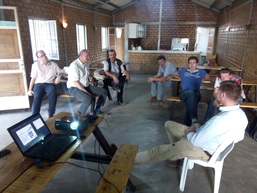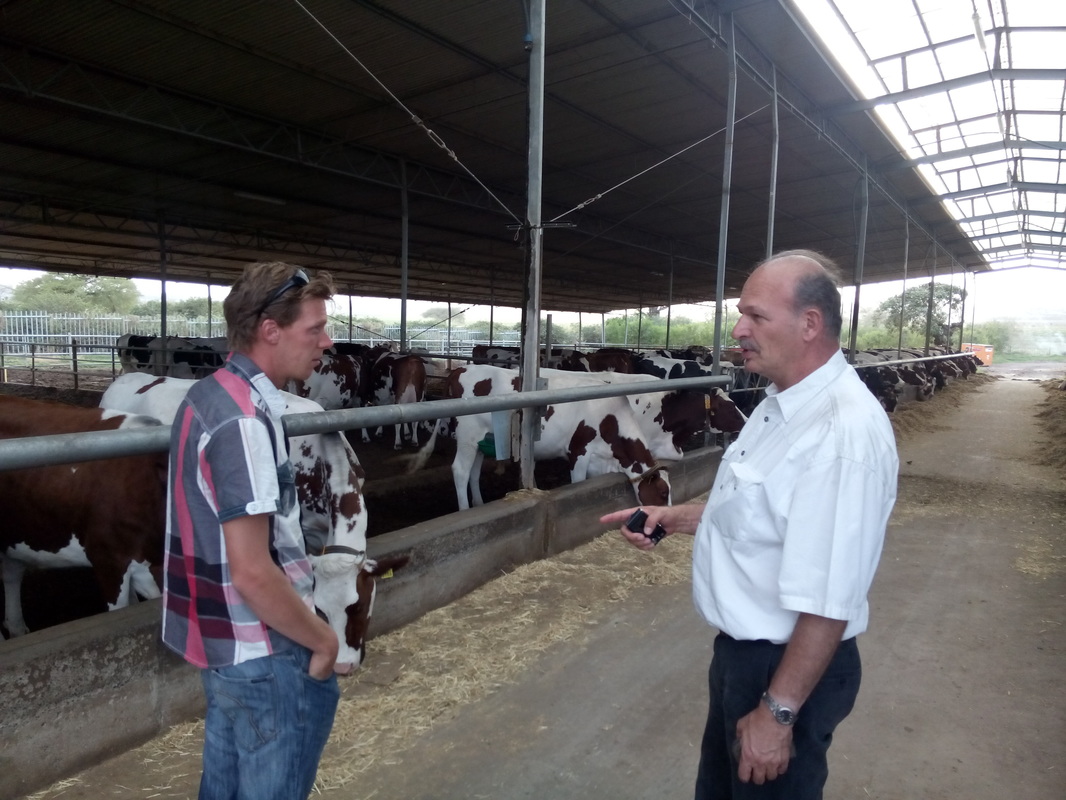 At tomorrows second strategy discussion of EP-Nuffic, Capacity Building takes centre stage. In preparation to the event. I would like to share my thoughs on this topic, after two months of intensive engagement with EP-Nuffic networks in the Netherlands and abroad. Having to deliver in the coming two years on Innovation in Capacity Building. What capacities are we talking about and who is building? The invite on the website suggests that it is mainly about EP-Nuffic's capacities as people are invited to contribute to articulate EP-Nuffic's ambitions. From the remainder of the invite you will learn that it is also very much about capacities of educational institutions and people attending them as has been the core business of EP-Nuffic for over 40 years. The draft strategic agenda that is published on the same page reveals that the aim is to bring international and cross-cultural competencies to pupils and students aged 4-24. When it comes to EP-Nuffics capacity building so far was mainly aiming at higher education institutions in developing countries (like in the NICHE programme). And objective of the NFP program has been to reduce shortage of skilled workers in partner countries. How does this link to this new mission of EP-Nuffic to internationalise education in the Netherlands? In answer to that question I only have to consider my own career development, starting in Egypt as 'expert' on irrigation and drainage and later on continuing with FAO as 'Associate Professional Officer' for Agricultural Research and Development. I was selected on the basis of my qualifications and lack of experience. That combination typifies many so called 'professionals' who leave universities confronting their 'Dutch education and upbringing' with the world. The result? Should I say a trail of failures, lack of intercultural sensitivity (that you can only develop in contact with the other), overoptimism about own capacities, neglect of valuable local capacities, and you name it. I think it is part and parcel of living and working abroad. I am still thankful to the Dutch government at the time for allowing me to fail, learn and improve. Supporting young professionals to take steps abroad build their capacity rather than anything else. In fact I should thank my counterparts for allowing me to engage with their challenges and develop my professional skills along. I just returned from Ethiopia where I saw young ambitious development professionals showing similar signals of frustration alongside more seasoned well-networked experts. I would be very much in favour of offering similar opportunities in Europe for talented professionals from Africa. At the same time industries are internationalising at a dazzling speed. This means that options of working cross-culturally develop around the corner. Entrepreneurs are taking the same steep learning curve I did. Bringing these networks together makes perfect sense to me. At the same time, capacity gaps identified by the Dutch businesses are different from those development workers would identify. Rather than lack of highly qualified staff, the entrepreneurs lack sufficiently skilled labour and basically have to provide hands-on vocational training for which some additional support would be welcomed. And bringing their families along, they are in high demand of sufficient quality basic education for their children and started a private school for them. Some teacher training for their employed Ethiopian teaching staff, to make them more versatile with the Dutch educational culture would also be welcomed.
0 Comments
Your comment will be posted after it is approved.
Leave a Reply. |
About meMy name is Reinier van Hoffen. U®Reading
Click here for a summary.
Also find the text of a lecture Dr. Achterhuis held at the 2012 Bilderberg conference. Archives
August 2022
|
AddressNachtegaallaan 26
Ede, the Netherlands |
Telephone+31 (0)6 1429 1569
|
info@uraide.nl
|

 RSS Feed
RSS Feed
















